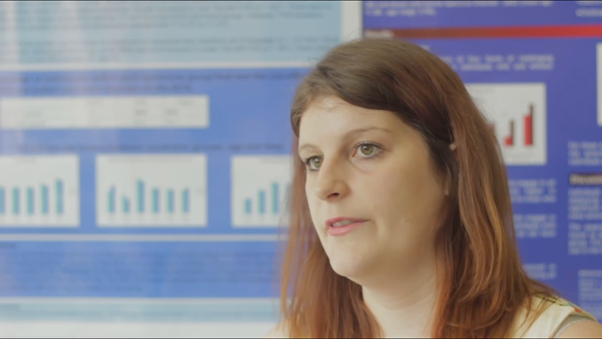Changes with Age in Prader-Willi Syndrome
The behaviour profile which is common in individuals with Prader-Willi syndrome including temper outbursts, insistence on routines and manipulative behaviour have been shown to reduce in older adults.
The facial features that are characteristic of Prader-Willi syndrome may not be apparent at birth and therefore evolve over time. Early growth hormone treatment can reduce their prominence.
The onset of puberty in individuals with Prader-Willi syndrome is delayed in comparison to children without the syndrome.
Adults may experience premature ageing in middle age (40-55 years of age), becoming less mobile and needing more help with self care.




